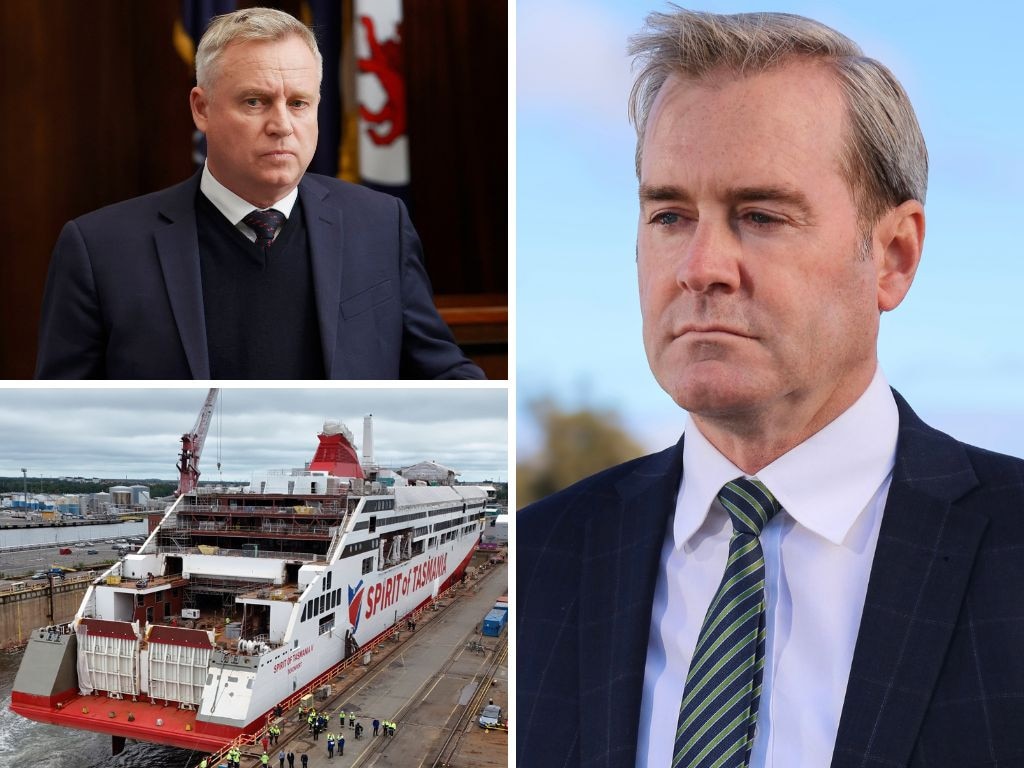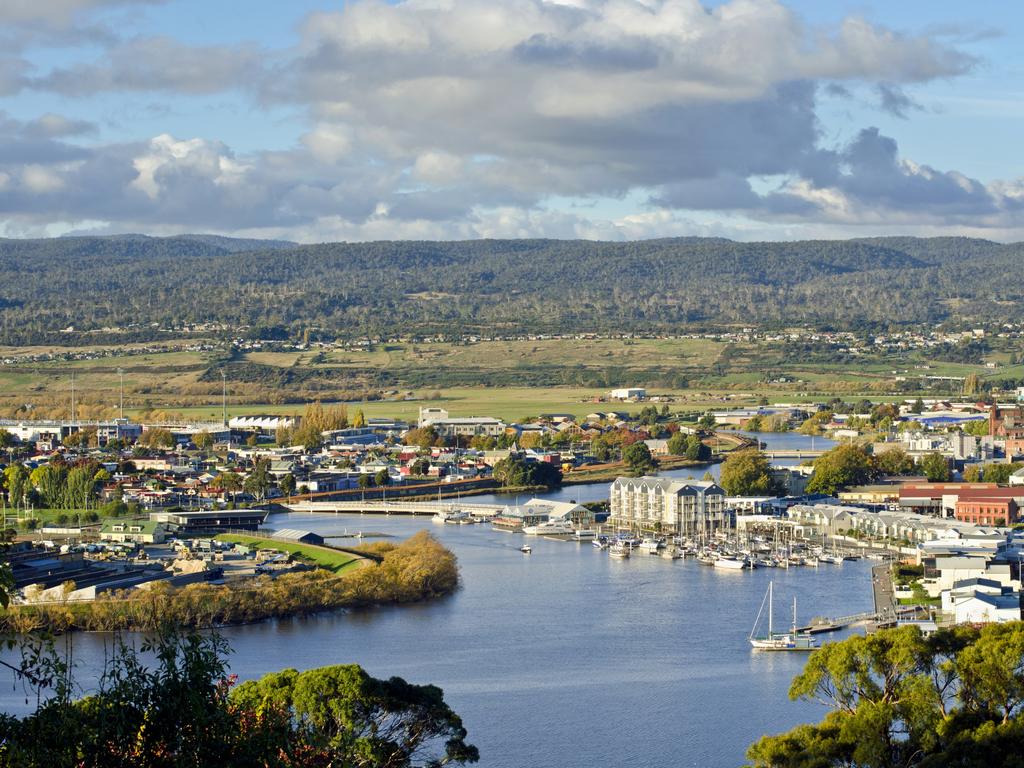
To be fair, his Treasurer, Michael Ferguson, dropped him in it, turning to his boss when the question was asked. But the seconds of utter speechlessness that followed seemed to span longer than the forward estimates.
Finally, there were platitudes about not “over-correcting” too quickly. As if a 0.5 per cent efficiency dividend – amid an overall operating funding increase of 3.2 per cent – was any sort of correction at all.
It’s true that debt is not necessarily bad when used for intergeneration infrastructure, and that Tasmania – net debt free throughout the 2010s – is still on some measures mid-table in terms of states in the red.
It’s also true Covid can be blamed for some of the $8.59bn of debt, but only – by Ferguson’s own estimate – less than $2bn.
However, it’s the trajectory that is most concerning. Without corrective action, the debt bomb will continue to grow – doubling again by the mid-2030s, according to projections – until some future government is forced to take severe measures. By which time, Rockliff and Ferguson will probably both be watching from a safe distance, enjoying the spoils of taxpayer-funded super.
The efficiency dividend makes some effort to control spending but there’s a sense of tinkering while the Treasury burns.
Debt has particular dangers in Tasmania, where state revenue options are limited and 65 per cent of revenue is sourced from federal payments.
The dive into debt foreshadowed in this budget will drive up net interest payments from $70m a year to almost $370m a year by 2027-28. For context, that’s double what will be spent on housing in 2024-25.
Tasmania needs to halt the debt spiral; not super-charge it. And it then needs to order an independent root and branch review of all state departments and operations.
Long term, someone needs to start a bipartisan conversation about structural reforms to ensure the state can fund necessary infrastructure and services without bankrupting future generations.






There are moments when silence speaks louder than words. One occurred on Thursday, in Tasmania’s budget lock-up when I asked Premier Jeremy Rockliff when Tasmanians might expect him to stop a rapid descent into deeper and deeper debt.